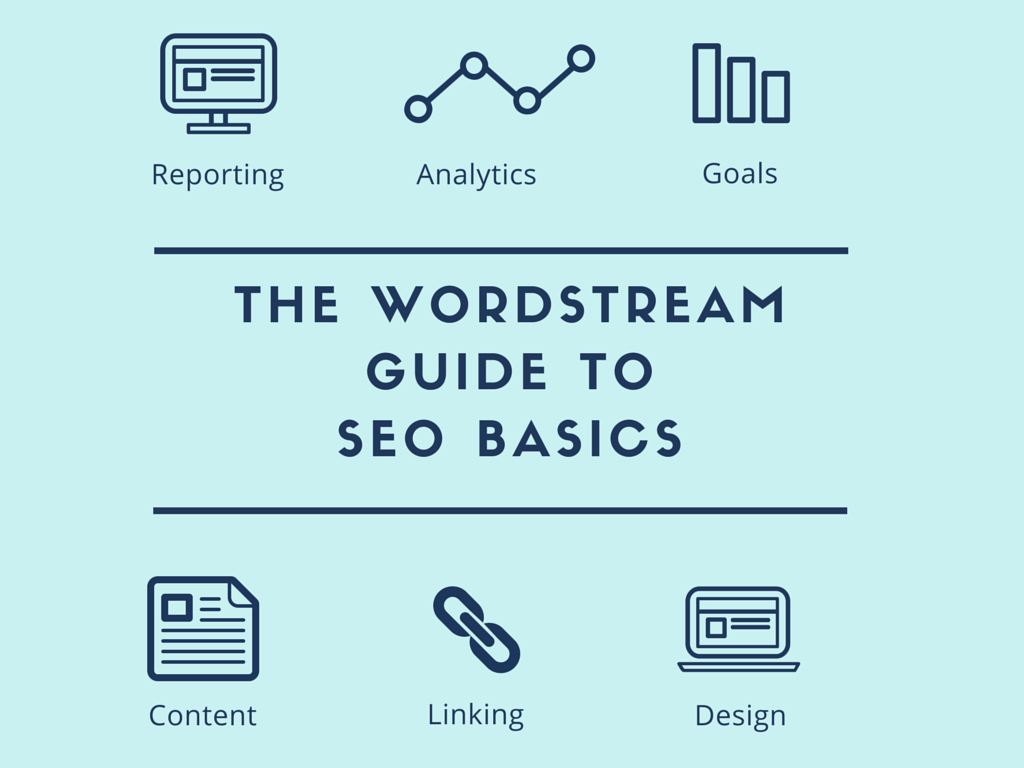SEO Mistakes to Avoid: Common Pitfalls That Hurt Your Rankings

Search Engine Optimization (SEO) is a powerful tool for driving organic traffic to your website. However, even small mistakes can have a significant impact on your rankings. In this article, we’ll explore common SEO mistakes that businesses make and provide actionable tips to help you avoid them. By steering clear of these pitfalls, you can improve your website’s performance and achieve better results in search engine rankings.
1. Ignoring Mobile Optimization
With the majority of internet users accessing websites via mobile devices, mobile optimization is no longer optional. Google uses mobile-first indexing, which means it primarily uses the mobile version of your site for ranking and indexing. If your website isn’t mobile-friendly, you’re likely to lose rankings and traffic. Ensure your site is responsive, loads quickly on mobile devices, and provides a seamless user experience.
2. Keyword Stuffing
Keyword stuffing is the practice of overloading your content with keywords in an attempt to manipulate search engine rankings. This not only makes your content unreadable but also violates Google’s Webmaster Guidelines. Instead, focus on creating high-quality, natural content that incorporates keywords strategically. For more tips on keyword usage, check out our SEO blog.
3. Neglecting Technical SEO
Technical SEO is the backbone of your website’s performance. Common technical issues include broken links, slow page speed, duplicate content, and poor site structure. These issues can negatively impact your rankings and user experience. Regularly audit your website using tools like Google Search Console to identify and fix technical problems.
4. Overlooking Meta Descriptions and Title Tags
Meta descriptions and title tags are crucial for SEO. They provide search engines with information about your page’s content and influence click-through rates. Avoid using duplicate meta descriptions or title tags, as this can confuse search engines and users. Instead, create unique, compelling meta descriptions and title tags for each page.
5. Focusing Solely on Quantity Over Quality in Backlinks
While backlinks are an important ranking factor, not all backlinks are created equal. Low-quality or spammy backlinks can harm your SEO. Focus on acquiring high-quality backlinks from reputable, authoritative websites. For a detailed guide on building quality backlinks, visit our SEO courses page.
6. Ignoring User Experience (UX)
User experience plays a significant role in SEO. Factors like site navigation, page load speed, and readability impact how users interact with your website. A poor user experience can lead to higher bounce rates and lower rankings. Prioritize UX by designing an intuitive, user-friendly website.
7. Failing to Update Content Regularly
Search engines favor websites that consistently publish fresh, relevant content. Outdated content can hurt your rankings and make your site appear less credible. Regularly update your blog posts, product descriptions, and other content to keep it current and valuable to your audience.
8. Not Using Analytics to Track Performance
SEO is an ongoing process that requires constant monitoring and adjustment. Without tracking your website’s performance, you won’t know what’s working and what needs improvement. Use tools like Google Analytics to measure traffic, conversions, and other key metrics.
Conclusion
Avoiding common SEO mistakes is essential for maintaining and improving your website’s rankings. By focusing on mobile optimization, creating high-quality content, and addressing technical issues, you can build a strong SEO foundation. Remember, SEO is a long-term strategy, and avoiding these pitfalls will help you achieve sustainable success.




![Roblox Digital Gift Card - 2,500 Robux [Includes Exclusive Virtual Item] [Digital Code]](https://nbanner.link/img/B07RX6FBFR.jpg)